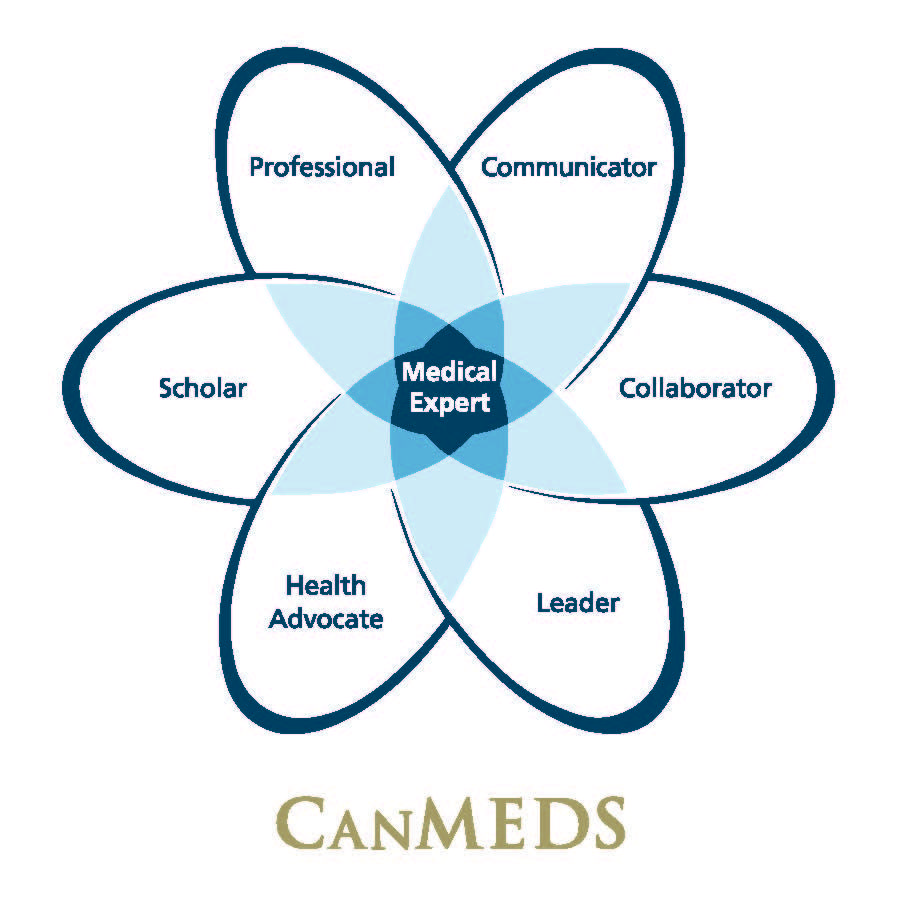
Over the years, psychiatry has evolved as a clinical field into an integrated model of medical discipline that integrates psychological and behavioral sciences with the ground breaking discoveries in molecular and neurobiological sciences. At the faculty of Psychiatry at Kuwait Institute for Medical Specializations we are dedicated to training future psychiatrists to adopt a comprehensive approach to the diagnosis and treatment of mental disorders through utilizing the tools of modern clinical sciences that span the spectrum of biologicalpsychological interventions in a context that attends to the structure and function of health systems and culture awareness.
The faculty of Psychiatry at Kuwait Institute for Medical Specializations works hard to ensure educating residents in psychiatry, human behavior and development. Our goals today are consistent with those of the major international psychiatric teaching organizations, utilizing innovative teaching techniques to help residents acquire basic knowledge in the theory and clinical practice of psychiatry within a biopsychosocial model.
We try to promote the resident’s development of skills in the various forms of treatment from psychopharmacological to insight-oriented psychotherapy; to understand and deal with human behavior individually, in the family, in groups, in complex and evolving health systems and in society; to teach an awareness of the psychosocial problems of our patients from the infant to the aged; to tirelessly combat stigma by educating health professionals and the public about the interactions of brain and mind and mind and body; to promote the natural curiosity of our residents about the complexity of human behavior in normalcy and disease.
GOALS
Upon completion of training, the resident is expected to be a competent specialist in Psychiatry, capable of assuming an independent consultant’s role in the specialty. The resident must acquire a working knowledge of the theoretical basis of general psychiatry, including its foundations in the basic medical sciences and research.
Residents must demonstrate the requisite knowledge, skills, and attitudes for optimal, ethical, patient-centered care and effective service to a diverse population in multiple settings across the lifespan. In all aspects of specialist practice, the graduate must be able to address issues of gender, sexuality, age, culture, ethnicity, economic disparity and ethics in a professional manner.
Our Vision
• To produce solidly trained general psychiatrists who are ready to serve the public of all ages.
• To provide interested residents opportunity for obtaining more specialized skills that compliment their training and career goals.
• Training is to incorporate different roles and to find an appropriate balance of academic, clinical and research skill acquisition.

Objectives of Training
Kuwait Psychiatry Board: Shaping future psychiatrists with innovative education and clinical excellence, in collaboration with The Royal College of Physicians and Surgeons of Canada.

